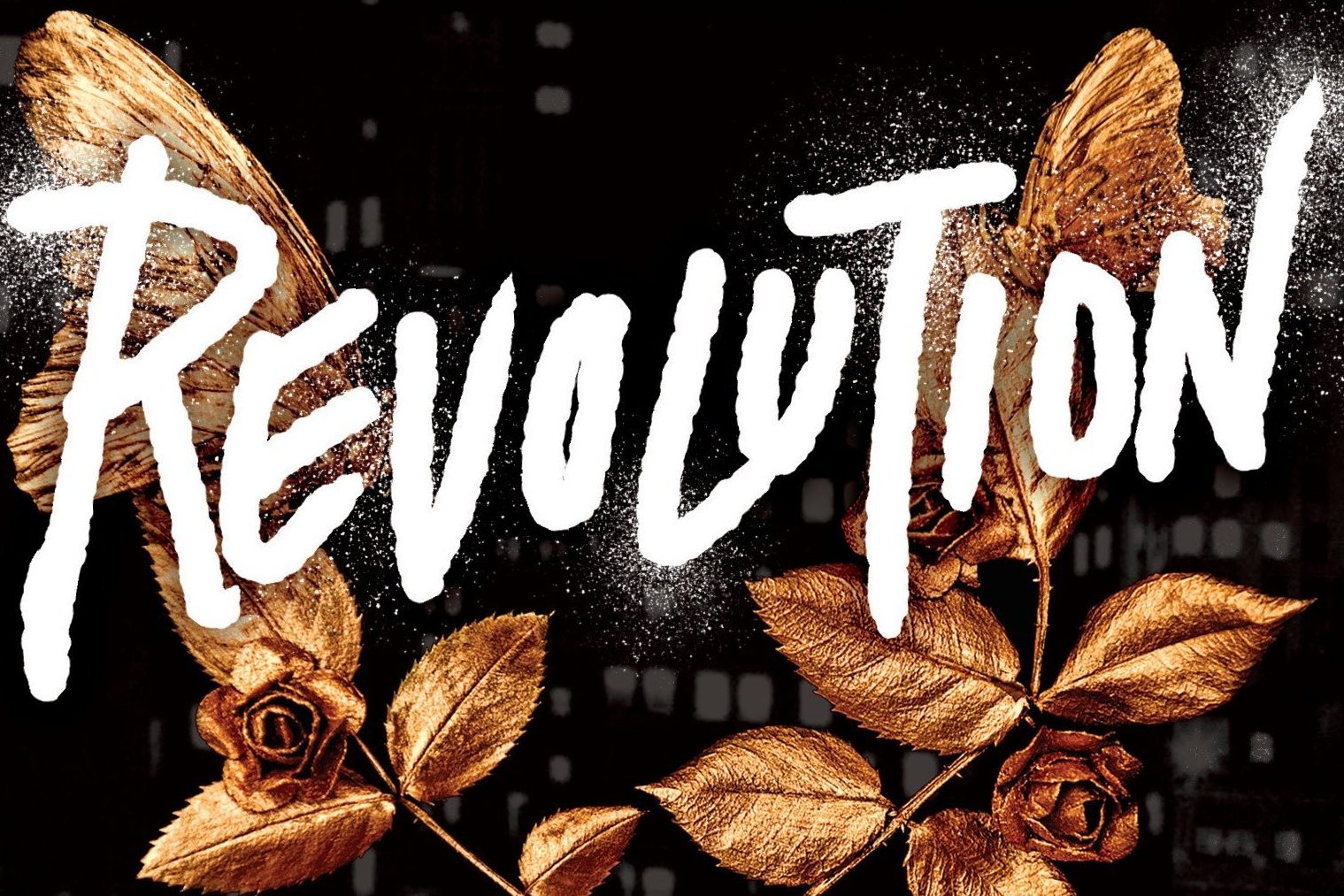“Till I beheld through a round aperture / some of the beauteous things Heaven doth bear; / thence we came forth to rebehold the stars” — Dante
“Revolution,” a young adult historical fiction novel written by Jennifer Donnelly, follows Andi Alpers, whose world shatters after the death of her 10-year-old brother. The loss of her brother Truman has left her family in disarray: her father left, her mother isn’t able to cope and Andi herself is suffering from grief, depression and a blooming drug addiction.
“Revolution,” which has received Amazon’s Best Book of the Year award and has been honored by Kirkus Reviews and School Library Journal, is over a decade old yet remains timely as ever, with its themes of internal and external grief, turmoil and metamorphosis.
The Plot of “Revolution”
On top of all the anger she feels toward the world, Andi has to accompany her father to Paris over her winter break. But Paris reminds her of happy family memories that are no longer possible without Truman. When Andi finds a century-old diary of a young woman named Alexandrine Paradis (who is referred to throughout the novel as Alex) who lived during the French Revolution, she begins to find comfort in the Parisian past.
Andi becomes invested in Alex, a girl who played with and watched over the prince in her youth. Alex eventually becomes a criminal figure during the revolution, nicknamed The Green Man, because she continued to set off fireworks all around the city for the prince to see while in prison so that he would know that someone out there loved him and that there was hope.
While the stories of these two young women are vastly different, both are linked together through a shared tragedy and fate. Alex’s diary, written at the height of the revolution and found by Andi in the back of a baroque guitar, could only be unlocked with a key that Andi’s late brother found in a flea market in New York. Andi’s geneticist father is also in the midst of trying to prove that a newly found preserved heart could be the heart of the lost boy-king of France, Louis-Charles, who Alex became a fugitive for.
In a review from The Guardian, Linda Buckley-Archer wrote, “‘Revolution’ in a different sense also feeds into Donnelly’s circular motif: ‘Nothing changes [. . .] Can’t you see that?’ one character says about the legacy of the revolution. ‘The world goes on as stupid and brutal tomorrow as it was today.’”
However, Donnelly seems to challenge this sentiment referenced throughout the novel since both Andi and Alex break the cycles of cruelty that they witness and experience. While Orleans, who hired Alex to spy on the royal family, tells her that the world goes on stupid and brutal, Alex refuses to assent, which is why the fireworks become so important to her. The hope that is embodied in the explosive illuminations is not only for Louis-Charles but for Alex herself, who refuses to go on stupid and brutal like the rest of the world.
Andi, on the other hand, realizes this after finding herself back in time in the middle of the French Revolution where people confuse her with Alex, and where she is able to meet her musical idol and the topic of her senior thesis, Amadé Malherbeau.
The last encounter that Andi has with Malherbeau is the last that she has while stuck in the past:
Malherbeau: “Why do you do this thing? Why did you give your life for nothing? The boy will die. You said so yourself. Now you will, too. And likely myself as well. If the guards get hold of me, I am a dead man. And for what? What did you change? The light you made is snuffed out. Hope is trampled upon. This wretched world goes on, as stupid and brutal tomorrow as it was today.”
Andi: “Oh, dead man, you’re dead wrong. The world goes on stupid and brutal, but I do not. Can’t you see? I do not.”
The fictional composer, who did not end up getting caught by the guards, is so inspired by Alex’s fireworks and Andi’s final words that he writes what becomes his most successful piece of music ever: the “Fireworks Concerto.”
Structure
“Revolution” is structured in three parts based on Dante’s “Divine Comedy: Hell, Purgatory and Paradise.”
The majority of the novel is in Hell, where readers see Andi at her high school, with her mother and her father. This is where she finishes the diary, which stopped mid-sentence. The end of the diary is a catalyst for her attempted suicide, which is stopped by her love interest, Virgil.
However, at the end of the Hell portion, Andi passes out and wakes up in a whole different world. On a midnight journey in the catacombs of Paris with Virgil after he saves her, France’s past becomes Andi’s present. Andi is really Alex and she is in 18th-century Paris; this section is called Purgatory.
The final section, Paradise, consisting of only two chapters and an epilogue, is the shortest section and reveals that Andi survived the catacombs and that she also survived her stupid and brutal world.
Despite being published in 2010, the novel has a way of plucking on the off-key heartstrings of the readers who believed them to be in-tune. Despite the fact that the French Revolution was centuries ago, the theme of hope is never outdated.
Alex’s and Andi’s stories remind readers that there will always be a revolution: inside you and around you, but that empathy and compassion are never stupid, never brutal and never, ever, inconsequential.

















